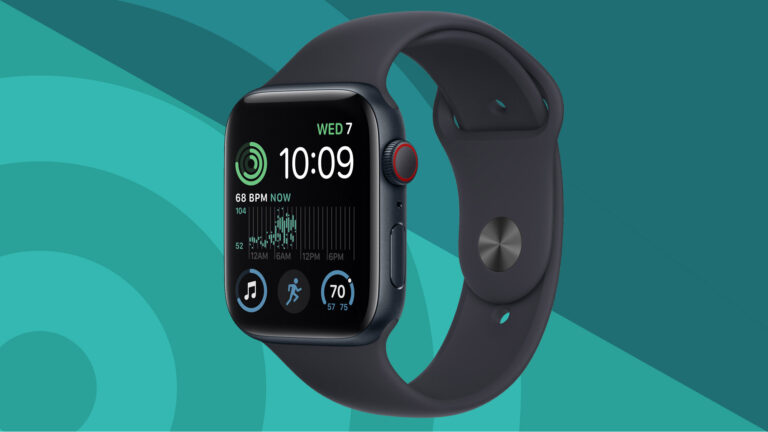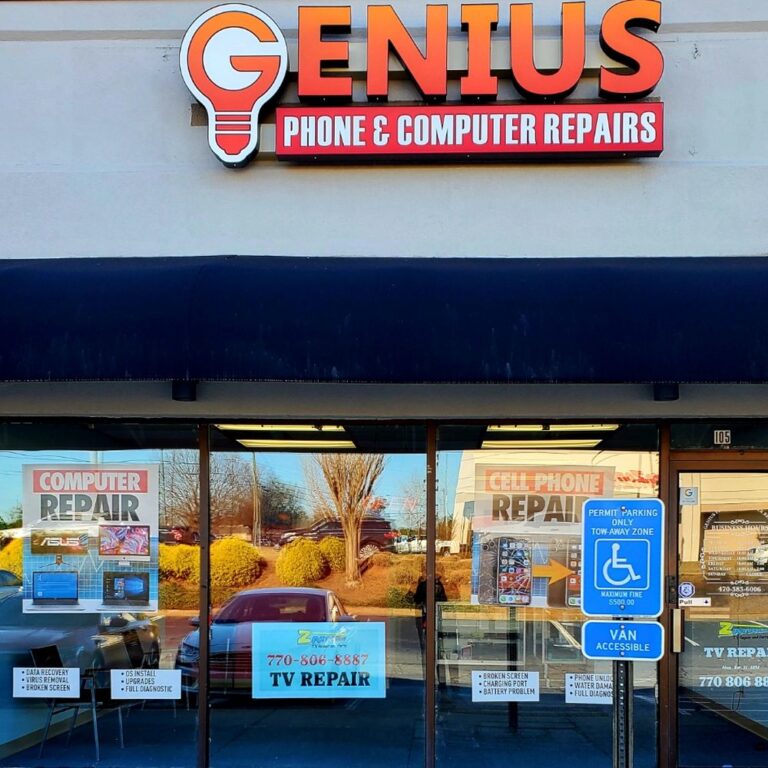Eco-Friendly Technology Solutions for Smart Homes: Where Innovation Meets Sustainability
As climate concerns rise and energy costs climb, more homeowners are turning to technology to make their homes not just smarter but greener. Eco-friendly technology solutions for smart homes blend convenience with sustainability, allowing people to reduce their carbon footprint without compromising comfort or functionality. From energy-efficient lighting systems to AI-powered climate control, these innovations are reshaping how we manage our homes. If you’re looking to live more sustainably while embracing cutting-edge tech, this guide explores the best ways to make your smart home eco-conscious and future-ready.
Smart Thermostats That Learn and Save
One of the easiest ways to improve home efficiency is by upgrading your thermostat. Smart thermostats like those from Nest or Ecobee learn your habits and adjust heating and cooling accordingly, reducing waste and lowering energy bills. These devices use occupancy sensors, weather tracking, and AI algorithms to deliver optimal comfort without overusing HVAC systems. With remote access via smartphone apps, you can adjust settings on the go ensuring your home is only using energy when needed. Over time, smart thermostats pay for themselves and help shrink your home’s environmental impact.
Energy-Efficient Lighting That Works on Your Schedule
Lighting accounts for a significant portion of home energy use, but smart LED lighting systems are changing that. These bulbs last longer, use less electricity, and can be automated to align with your routines. Whether you schedule lights to turn off when you leave a room or sync them with natural daylight, smart lighting reduces unnecessary consumption. Some systems even use motion sensors or adapt based on occupancy. The result is a seamless blend of functionality and sustainability, helping you reduce waste without sacrificing aesthetics or comfort.
Solar Integration: Power Your Smart Home Sustainably
Solar technology is no longer just for off-grid cabins it’s a smart, eco-friendly addition to modern homes. Today’s solar panels integrate with home energy management systems, allowing you to monitor usage, store excess power in batteries, and even sell surplus energy back to the grid. Smart inverters and solar monitoring apps give homeowners real-time insights into energy production and usage, encouraging conscious consumption. Paired with other eco-tech like EV chargers or smart appliances, solar power becomes the backbone of a self-sufficient, sustainable smart home.
Smart Appliances Designed for Low Energy and Water Use
From refrigerators to washing machines, today’s smart appliances go beyond convenience they’re designed with sustainability in mind. Energy Star-certified smart appliances provide real-time feedback on consumption, suggest efficiency settings, and automate tasks based on peak usage times. For instance, dishwashers can delay cycles until energy demand is low, and washing machines can optimize water levels based on load size. These small adjustments add up, helping households save water, electricity, and money all while maintaining the ease and automation smart homes are known for.
Intelligent Home Monitoring for Eco-Conscious Habits
Beyond automating tasks, smart homes empower users to become more aware of their environmental footprint. Home energy monitors track real-time electricity use across appliances and alert you to abnormal spikes or waste. Leak detectors notify you of water wastage, while smart irrigation systems adjust watering schedules based on weather forecasts and soil conditions. This type of data-driven oversight allows homeowners to fine-tune their behaviors and make informed decisions creating a home that’s as conscious as it is connected.
FAQs
Can smart home devices really lower my utility bills?
Yes. Devices like smart thermostats, lighting, and appliances are designed to reduce unnecessary energy and water use, which can significantly cut monthly bills.
Are eco-friendly smart home products difficult to install?
Not at all. Many are designed for simple plug-and-play setup or come with user-friendly apps and clear installation guides.
Is solar energy worth the investment for a smart home?
Absolutely. Solar systems integrated with smart tech offer long-term savings, energy independence, and environmental benefits.
How secure are these smart systems?
Most reputable devices come with encryption and allow for secure, user-controlled access. Keeping software updated ensures ongoing protection.
Do eco-friendly smart homes increase property value?
Yes. Homes with energy-efficient features and smart automation are increasingly attractive to buyers looking for future-proof investments.

